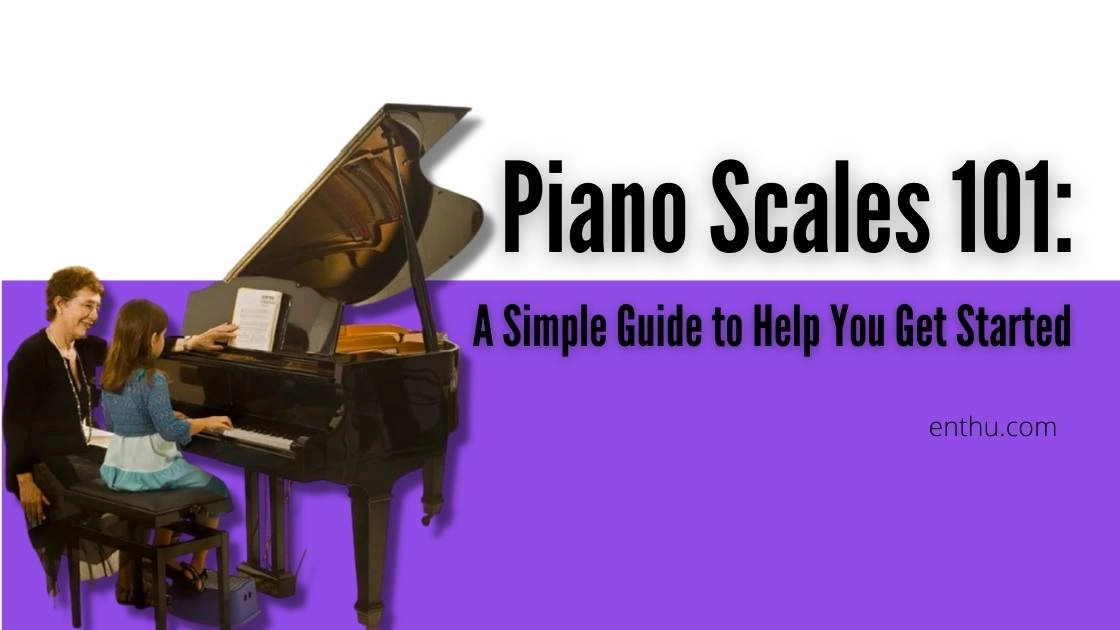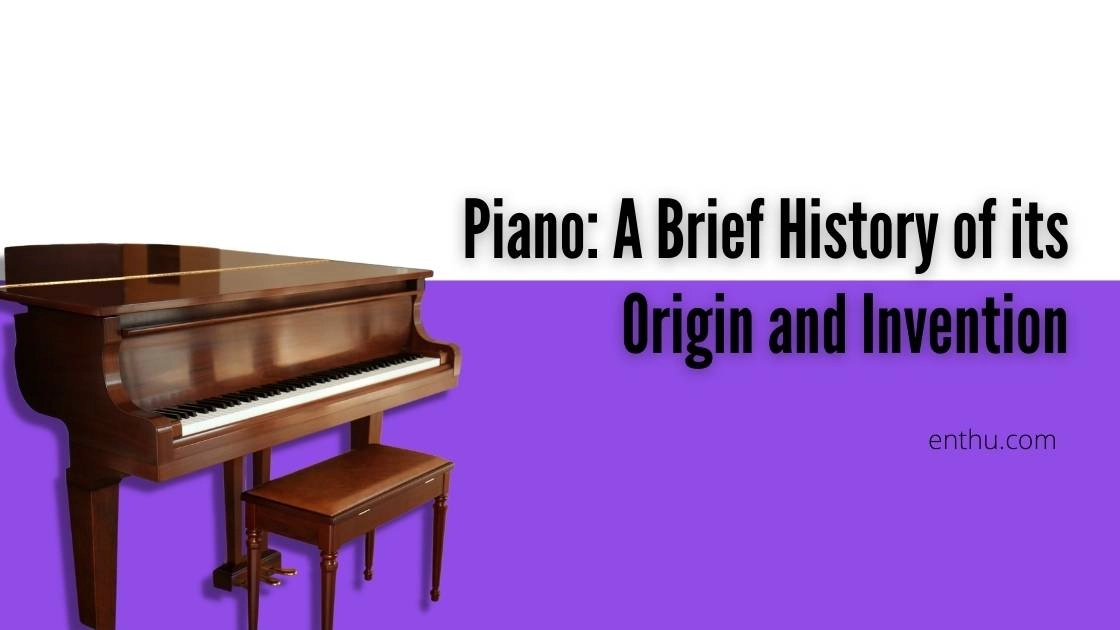Imagine yourself at a piano recital, facing a world-renowned virtuoso like Yuja Wang—often celebrated as the “Flying Fingers.” Intimidating, right? Of course, anyone would feel that way. After all, she’s famous for her lightning-fast playing. But here’s the truth—she wasn’t born that way. Yuja Wang, too, started as a beginner.
What sets her apart is years of dedication, discipline, and practice. She trained her fingers to move lightly and effortlessly across the keys. The good news? With consistent practice, you can develop the same agility. So, let’s dive in and explore how you can start playing the piano faster.

7 Tips to Play the Piano Faster Are you ready to play faster?
Let’s start with the most common advice and then ease into it.
1. Warm-up
Before starting your training, your wrists, fingers, and forearms must be warmed up and loose. You can stretch them a bit with simple extensions and rotation exercises.

If you skip warming up, you might injure yourself while you play the piano. You can either play simple songs or simply practice 10 minutes of scales.

Furthermore, be mindful of your environment, if you play in a cold room, your body might stiffen up. Don’t play if your hands and fingers are stiff due to cold, you should warm them up before playing your piano with some hot water.

2. Practice Slow and Gradually Increasing the Tempo

This is probably the most counter-intuitive advice for a beginner, but practicing slow is the key to playing faster. The ancient wisdom teaches us, “if you can’t do it slow, you can’t do it fast.”
So start practicing slowly but make it perfect. You may raise your tempo gradually when you are confident in your ability to play the piece of music without any error.
A good way is to use a metronome. It is the most loved device by all musicians. Start practicing your melodies at half their original speed, then gradually increase the tempo to about 4 BPM.
Do this consistently, taking small steps forward by hitting the right note, and you can play faster. But only stretch yourself till you can play properly; you don’t want bad habits creeping into your routines.
Do you know what is Suzuki Piano Learning Method? Read "3 Basic Methods of Learning Piano" to find out

3. Relax but Be in Control
When most beginners start playing, their shoulders, wrist, fingers, and waist tend to stiffen up. If you carry tension in your body, it makes things difficult to play at a faster tempo.
You can solve this by warming up with chords, finger exercises, octaves, and arpeggios. Try and maintain proper posture while sitting at the piano.
The best analogy to explain this would be kindling a flame; if you blow on it too much, the fire will go out. You have to blow on it soft so that the embers don’t fly off but not so softly that they won’t burn at all.
Sitting properly and warming up your hands gives you a comfortable sitting position and lets you play faster and stay away from injury.
4. Memorize Chord progressions
There is no way you can play any composition accurately unless you know the chord progression or harmonic progressions.
So take your time to practice the chords for your melodies and memorize them perfectly. Check out some advanced chords like diminished or diatonic chords.
In fact, 7 chord progressions are used often, so you won’t have to worry about learning new progressions for every composition you might want to perform.
Check out EnthuZiastic piano classes for a personalized piano learning experience.
5. Learn to Read Sheet Music

Another fantastic way to increase your playing speed is to learn sight reading. If you know how to read grand staff, you’ll be at a great advantage because you can read and anticipate when a change in the progression is coming your way.
Here is an example: Imagine you are playing a composition, and it has Pachelbel’s Canon Chord Progression.
Now, if you know that this progression exists in your composition because you can see it on the music sheet, you won’t have to worry about “what do I play next?” All you have to do is be in the proper position during the start and the end of the composition when you are playing and reading the music.
Another Tip: If you find it difficult to imply your piano knowledge on reading sheet music, I suggest you label the piano keys.
Label Musical Notation on Piano Keys Read "How to Label Piano Keys" to label keys and understand sheet music
![How to Label Piano Keys? [Pictures Included]](https://enthu.com/blog/media/x5okKB7AvnjCgot1.jpg)
6. Practice Drills
You can research Etudes (short classical music pieces) that focus on piano playing techniques.
They focus on various aspects of the technicalities of the piano like the arpeggios, trills, progressions, octaves, etc. You can also practice easy songs. You can go from playing “Mary had a little lamb”
to “Prelude in A Major, Op 28/7 by Chopin” reasonably quickly if you stick to your practice. Furthermore, you can also try modern piano speed drills to improve your dexterity.
7. Mind your Thumbs
Many pianists tend to have lazy thumbs; this can be an involuntary action, so be mindful of your thumbs; it’ll make a huge difference.
This is especially true when playing scales; our thumbs need to cross under our hands to play the following note as fast as they can.
Example: Say you are playing a C Major ascending scale with your right hand; you would want to hit the C note with your thumb and D with your index finger.
After you play the note D, you should cross your thumb under your hand and prepare to hit the note A.
Similarly, if you play the same scale in a descending scale with your left hand, you would do the same action but simply play the scale in reverse. Practice the action multiple times every day.
Did you know Beethoven didn't play a piano?

Bonus Tips to Improve Your Playing Speed
Keep your fingers close to your piano keys: If you pick up your hand a lot while playing, it slows down your transitions.
Use your forearms to your advantage: You’ll tire yourself out much quicker if you rely entirely on your finger strength. Let your wrists loose, almost as if your fingers are falling on the keys and not actively pressing them. You’ll notice a difference instantly.
Don’t press the keys hard: The more relaxed your hands are, the faster your coordination will be. So, make sure your fingers “fall” on the right key instead of pressing the keys.


Conclusion
If you follow the above tips, you will undoubtedly see significant improvement right away. But to reap the full benefits of these tips, you must practice with dedication and patience.
We hope that this will support you in your practice to play faster and be precise with your compositions. And who knows, you might even win against Yuja Wang.
FAQs
1) Can playing piano be self-taught?
Yes, you can train yourself to play the piano. There are tons of online tutorials you can look up, plus you have youtube, which is the most extensive resource library for free videos. It is a good place to start for adult beginners who have a passion for learning the piano but not the time to act on it.
2) What is the fastest way to learn to play the piano?
As counter-intuitive as it may sound, practicing slow will help you learn faster. Practicing slowly ensures that you hit the right note and have proper posture, hand placement, and finger technique. All these things are the most essential skills that make a professional pianist.
3) Should I take lessons or not, and if so, what kind of lessons would be most beneficial for me to quickly improve my piano skills?
Learning any skill under a tutor’s guidance is undoubtedly the fastest way to learn. Especially when it comes to musical instruments.You should join online classes that are live and interactive because here, you can answer all your queries and progress much faster than you would through self-learning.






Comments